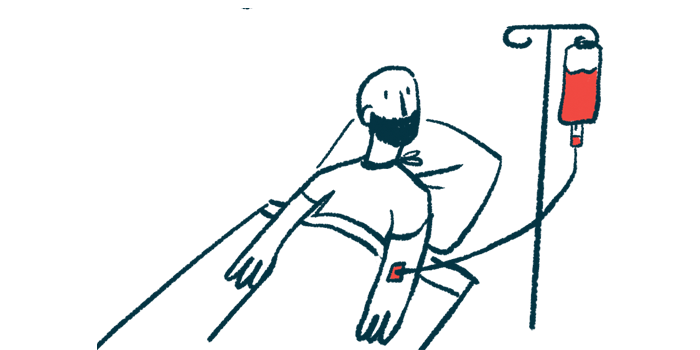Natalizumab, Biosimilar of Tysabri for Relapsing MS, Under FDA Review
Biosimilar showed similar safety, efficacy in trials
Written by |

The U.S. Food and Drug Administration (FDA) has agreed to review an application requesting that Polpharma Biologics‘ natalizumab, a biosimilar of Tysabri, be approved to treat relapsing forms of multiple sclerosis (MS).
Its intended U.S. use is for the same indications as the approved name-brand medicine, covering clinically isolated syndrome (CIS), relapsing-remitting MS (RRMS), and active secondary progressive MS (SPMS), as well as Crohn’s disease, an inflammatory bowel condition.
The announcement follows a European Medicines Agency decision to consider the company’s biosimilar of Tysabri — the first such biosimilar up for approval — for patients in the European Union.
“This is the first and only submission for a biosimilar natalizumab medicine in both the US and Europe. If approved, this biosimilar has the potential to increase access while also delivering savings for healthcare systems,” Florian Bieber, global head of biopharmaceuticals development for Sandoz, said in a company press release.
Sandoz, a division of Novartis, entered into an agreement with Polpharma in 2019 regarding biosimilar natalizumab. Under its terms, Polpharma retains the rights to develop and manufacture the medication, while Sandoz is responsible for commercializing and distributing it around the globe.
Natalizumab as biosimilar MS treatment
Tysabri is a disease-modifying therapy (DMT) that works to prevent immune cells from crossing from the blood into the brain and spinal cord, easing the inflammation that damages nerve cells in MS patients.
Administered via into-the-vein infusions, the medication has been shown in clinical trials to lower relapse rates, slow disability progression, and reduce the formation of new or enlarging brain lesions.
“Thanks to advances in medicine over the last 20 years, we now have DMTs, which have become a cornerstone in the treatment of MS. However, access to affordable, high-quality treatment options is still a challenge,” Bieber said.
A biosimilar is a biological medicine with a high degree of similarity — in terms of quality, safety, and efficacy — to a previously approved, name-brand medicine. Biosimilars are typically less expensive than the original medicine since their clinical development process is based on comparative studies of the two medications (biosimilar and name brand), generally requiring less time and money.
As such, a biosimilar typically is available at lower prices than the name-brand medicine, potentially making it more widely accessible.
The application is supported by analytical and preclinical data demonstrating the similarity between the medications, as well as results from a Phase 1 study and a Phase 3 trial called Antelope (NCT04115488).
Antelope enrolled 264 RRMS patients, randomly assigned to monthly treatment with either Polpharma’s biosimilar or Tysabri for about one year. Results showed the biosimilar was comparable to the reference medicine in terms of efficacy, safety, and immunogenicity, or how much it triggered an immune response.
Biosimilar natalizumab’s application requests the same dosing approach and schedule as Tysabri, a 300 mg dose given as an intravenous infusion lasting about one hour every four weeks. Requirements placed on Tysabri related to a higher risk of progressive multifocal leukoencephalopathy or PML, a rare and serious brain infection, are also expected for the biosimilar, the release stated.
In the EU, unlike in the U.S., Tysabri is approved to treat adults with highly active RRMS.



